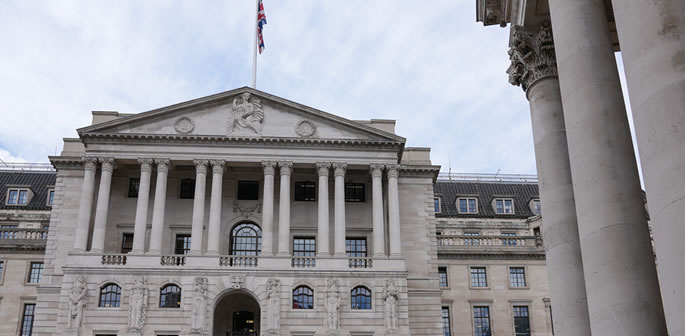“A growth recession was inevitable before the rise"
To restart the economy and combat inflation, the Bank of England has decided to increase interest rates once again.
The nation’s base rate will rise by 0.25% points, according to the Monetary Policy Committee (MPC) of the central bank.
The Bank of England has increased interest rates frequently over the past year to control inflation. This is the eleventh consecutive increase.
The MPC decided to hike interest rates to 4.25% during its meeting to talk about base rate adjustments.
This statement follows the disclosure that the Consumer Price Index (CPI) inflation rate increased to 10.4% for the year ending in February 2023.
Financial analysts had initially predicted a decline in inflation for the time, therefore they were taken aback by the Office for National Statistics (ONS) numbers.
As a result, experts agreed that another hike to the base rate of at least 0.25% points was “locked in” to fight this spike in CPI inflation.
Joe Nellis, a professor of Global Economy at Cranfield School of Management, warned of the probable economic calamity that looms following today’s announcement.
Nellis said: “The Bank of England’s decision to increase interest rates to 4.25% could push the economy into a full-blown recession.
“A growth recession was inevitable before the rise, but the vote by the MPC will only delay any prospects for an economic recovery.
“Why has the Monetary Policy Committee voted to make matters worse?
“Households are already facing the biggest fall in their living standards for many decades, and the banking sector is under strain. Further interest rate rises will do more harm than good at this stage.
“The Bank of England must pause and wait to see if inflation plummets in the months ahead.”
Richard Campo, the founder of Rose Capital Partners, said:
“Many experts currently believe that rates will fall to around 3.5% over the next five years.
“Yet just a week ago, we were prepared for a levelling out at 4%, versus three to four weeks ago when we were braced for more rate rises on the cards.
“But, back in January, we felt that rates would drop to as low as 3.5% later this year / early next.
“What this proves is that we’re living through a constantly shifting period impacted by inflation uncertainties, wobbles in the global banking sector and recession fears (or not) on the horizon.”
However, there have been worries expressed that the central bank’s ongoing interventions may eventually lead to a recession.
The hardship that the base rate increase has caused to hundreds of thousands of British was emphasised by Alastair Douglas, CEO of TotallyMoney.
Douglas stated: “The Bank of England’s rampage on interest rates has pushed people’s finances to the limit, and an estimated 356,000 mortgage borrowers are expected to be facing repayment difficulties by the end of June 2024.
“While it’s past its peak, inflation remains at sky-high levels.”
“Four in ten households are spending less on food shopping and essentials, and they’ll be in for a fresh shock next month when suppliers hike to the water, council tax and telecom bills among others.”
The MPC of the central bank made a note of this in conjunction with the announcement of the base rate, noting that the anticipated strength of global growth has increased from the projections made last month.
Furthermore, the Bank discovered that wholesale gas and oil prices have significantly decreased, even though CPI inflation in advanced economies was acknowledged to be continuing to be high.
The demise of Silicon Valley Bank and the acquisition of Credit Suisse were mentioned by the Bank of England as possibly harmful “volatile moves” in the financial markets.






























































